Myth N' 4.
In addition they often use the Byzantine author John Scylitzes, with this text to depict Samoil and his people as "Bulgarians":
The emperor [Basil] did not relent, but every year he marched into Bulgaria and laid waste and ravaged all before him. [The Bulgarian ruler] Samuel was not able to resist openly, nor to face the emperor in open warfare, so, weakened from all sides, he came down from his lofty lair to fortify the entrance to Bulgaria with ditches and fences. Knowing that the emperor always made his incursions through so-called “Kiava Longon” 1 and [the pass known as] “Kleidion,” he undertook to fortify the difficult terrain to deny the emperor access. A very wide fence ( phragmon ) was built and worthy defenders were committed to it to stand against the emperor. When he arrived and made an attempt to enter [Bulgaria], the guards defended the wall manfully and bombarded and wounded the attackers from above. When the emperor had thus despaired of gaining passage, Nikephoros Xiphias, the strategos of Philippopolis, met with the emperor and urged him to stay put and continue to assault the wall, while, as he explained, he turned back with his men and, heading round to the south of Kleidion through rough and trackless country, crossed the very high mountain known as Belasica. On 29 July, in the twelfth indiction [1014, Xiphias and his men] descended suddenly on the Bulgarians, from behind and screaming battle cries. Panic stricken by the sudden assault [the Bulgarians] turned to flee, while the emperor broke through the abandoned wall. Many [Bulgarians] fell and many more were captured; Samuel barely escaped from danger with the aid of his son, who fought nobly against his attackers, placed him on a horse, and made for the fortress known as Prilep. The emperor blinded the Bulgarian captives -- around 15,000 they say -- and he ordered every hundred to be led back to Samuel by a one-eyed man. And when [Samuel] saw the equal and ordered detachments returning he could not bear it manfully nor with courage, but was himself struck blind and fell in a faint to the ground. His companions revived him for a short time with water and smelling salts, and somewhat recovered he asked for a sip of cold water. Taking a gulp he had a heart attack and died two days later on 6 October
But what they forgot to mention is that:
1. Skylitzes was born in the beginning of 1040's.
2. The Theme Bulgaria on the territory of Macedonia, Serbia, Albania, Bulgaria already existed since 1018.
3. Skylitzes was writing most probably between 1079 and 1096, thus already up to eighty years after the battle.
He lived in changed reality, the existance of the different administrative territorial name and in respect of this fact he was reffering to the history.
4. Skylitzes did not called Basil as "Vulgaroktonos"!
5. Skylitzes says quite clearly that Skopje is the capital of Bulgaria, and the people of Bulgaria Bulgarians (for uprising of Czar Peter DELJAN in "Chronicle" from Skylitzes).
But Skopje was the capital of BULGARIA THEME, not the state of Bulgaria and John himself tells that under Bulgarian means citizens of Bulgaria theme!
If the state of Samuil was really called and was Bulgaria, then Skylitzes would speak of Ohrid as the capital of Bulgaria.
In addition they often use the Byzantine author John Scylitzes, with this text to depict Samoil and his people as "Bulgarians":
The emperor [Basil] did not relent, but every year he marched into Bulgaria and laid waste and ravaged all before him. [The Bulgarian ruler] Samuel was not able to resist openly, nor to face the emperor in open warfare, so, weakened from all sides, he came down from his lofty lair to fortify the entrance to Bulgaria with ditches and fences. Knowing that the emperor always made his incursions through so-called “Kiava Longon” 1 and [the pass known as] “Kleidion,” he undertook to fortify the difficult terrain to deny the emperor access. A very wide fence ( phragmon ) was built and worthy defenders were committed to it to stand against the emperor. When he arrived and made an attempt to enter [Bulgaria], the guards defended the wall manfully and bombarded and wounded the attackers from above. When the emperor had thus despaired of gaining passage, Nikephoros Xiphias, the strategos of Philippopolis, met with the emperor and urged him to stay put and continue to assault the wall, while, as he explained, he turned back with his men and, heading round to the south of Kleidion through rough and trackless country, crossed the very high mountain known as Belasica. On 29 July, in the twelfth indiction [1014, Xiphias and his men] descended suddenly on the Bulgarians, from behind and screaming battle cries. Panic stricken by the sudden assault [the Bulgarians] turned to flee, while the emperor broke through the abandoned wall. Many [Bulgarians] fell and many more were captured; Samuel barely escaped from danger with the aid of his son, who fought nobly against his attackers, placed him on a horse, and made for the fortress known as Prilep. The emperor blinded the Bulgarian captives -- around 15,000 they say -- and he ordered every hundred to be led back to Samuel by a one-eyed man. And when [Samuel] saw the equal and ordered detachments returning he could not bear it manfully nor with courage, but was himself struck blind and fell in a faint to the ground. His companions revived him for a short time with water and smelling salts, and somewhat recovered he asked for a sip of cold water. Taking a gulp he had a heart attack and died two days later on 6 October
But what they forgot to mention is that:
1. Skylitzes was born in the beginning of 1040's.
2. The Theme Bulgaria on the territory of Macedonia, Serbia, Albania, Bulgaria already existed since 1018.
3. Skylitzes was writing most probably between 1079 and 1096, thus already up to eighty years after the battle.
He lived in changed reality, the existance of the different administrative territorial name and in respect of this fact he was reffering to the history.
4. Skylitzes did not called Basil as "Vulgaroktonos"!
5. Skylitzes says quite clearly that Skopje is the capital of Bulgaria, and the people of Bulgaria Bulgarians (for uprising of Czar Peter DELJAN in "Chronicle" from Skylitzes).
But Skopje was the capital of BULGARIA THEME, not the state of Bulgaria and John himself tells that under Bulgarian means citizens of Bulgaria theme!
If the state of Samuil was really called and was Bulgaria, then Skylitzes would speak of Ohrid as the capital of Bulgaria.



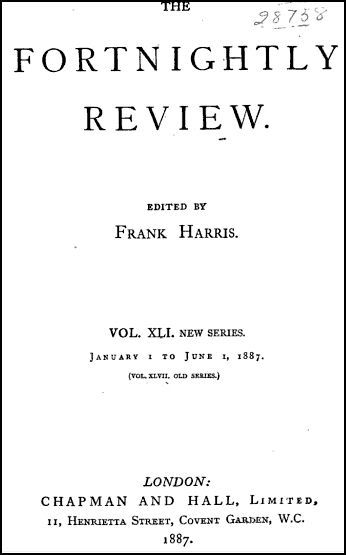

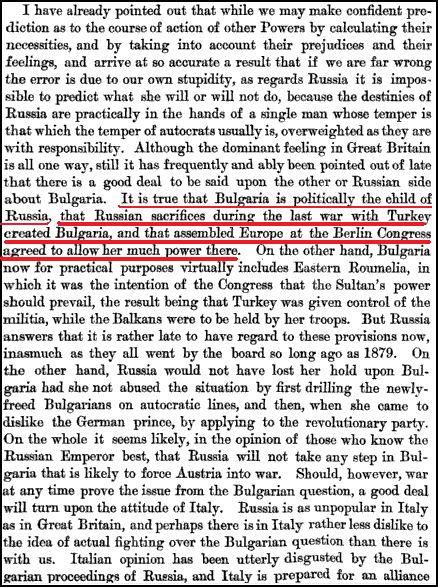


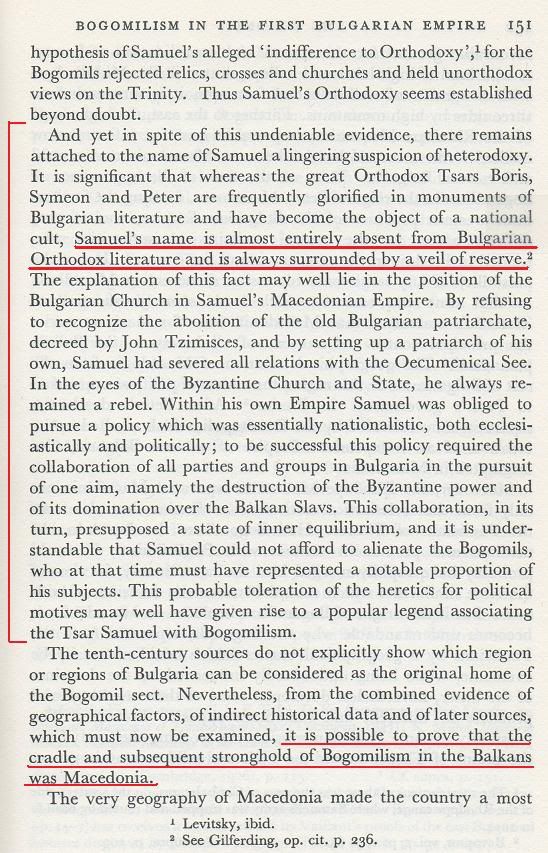
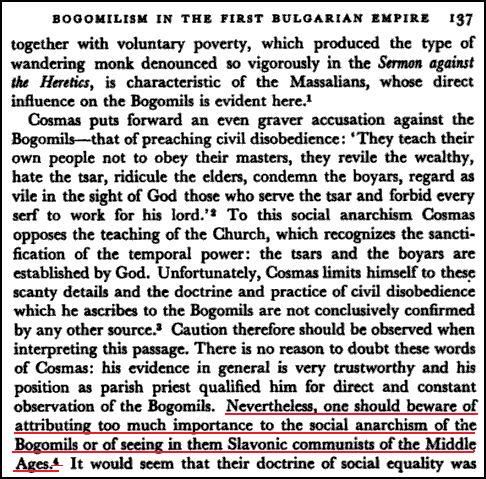
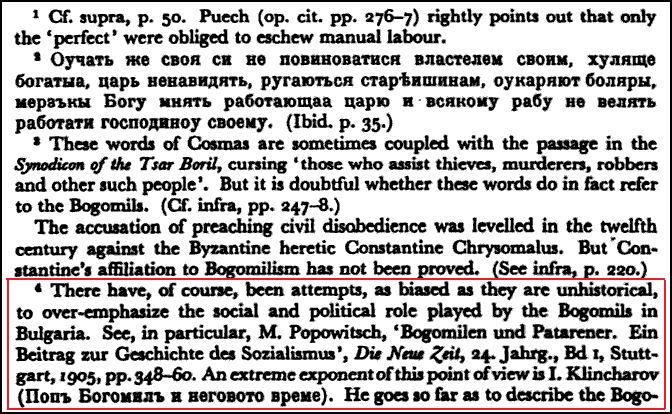
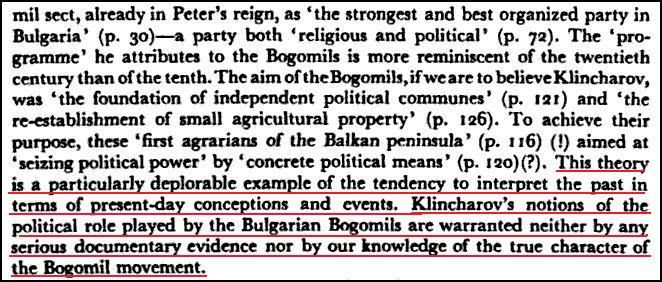
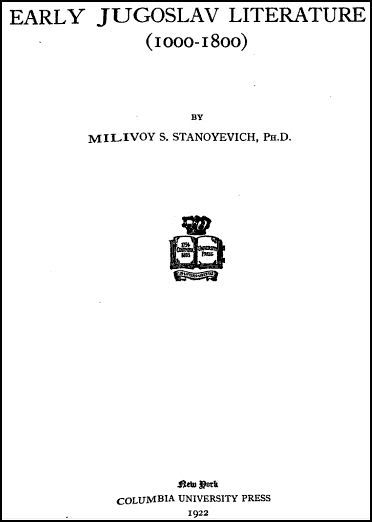
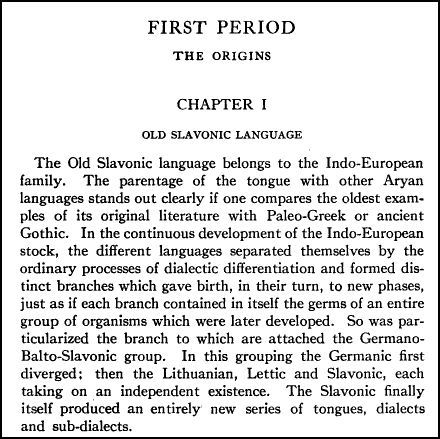
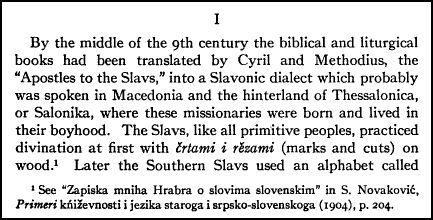
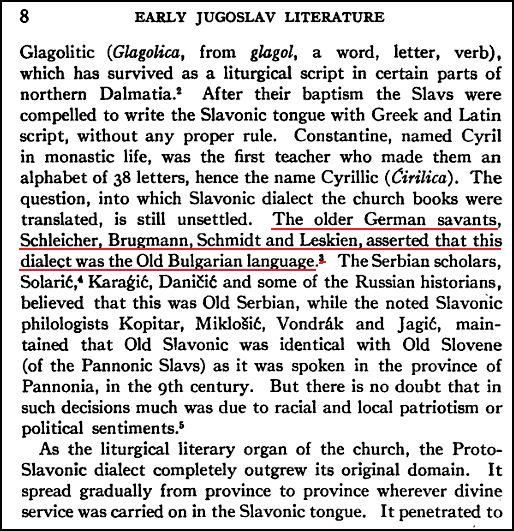
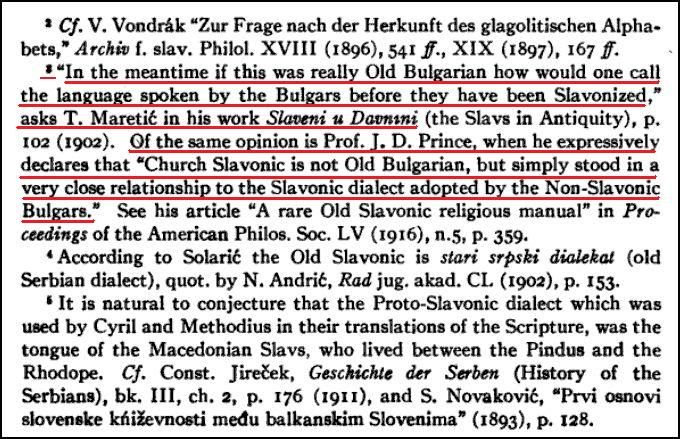

Comment